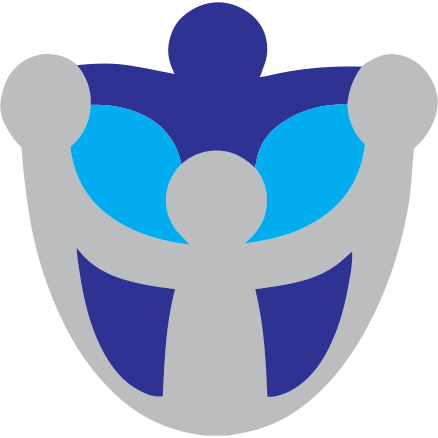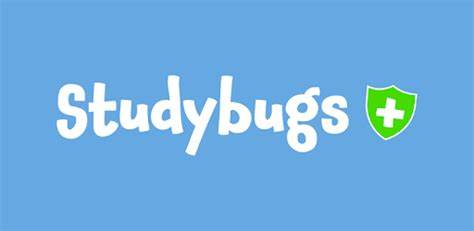Computer Science KS4
At Key Stage 4, Computer Science is delivered through a balanced combination of theoretical and practical lessons. Approximately 60% of our curriculum is dedicated to theoretical concepts, providing students with a comprehensive understanding essential for their GCSE examinations. We build upon the foundational knowledge acquired in Key Stage 3, exploring the intricate workings of computers in greater depth. Key focus areas include the Central Processing Unit (CPU) and factors influencing its performance, data storage methods, network functionality, and the ethical, social, environmental, and legal implications of technological advancements. Additionally, we emphasise Computational Thinking, covering essential concepts such as algorithms, flowcharts, and Boolean logic.
The remaining 40% of the course is devoted to practical programming skills, primarily using Python. Students start from the basics, learning fundamental coding elements such as print statements and conditional statements, before progressing to more complex topics like arrays and loops. Throughout these practical sessions, students engage in a series of programming challenges that gradually increase in difficulty, enabling them to enhance not only their coding proficiency but also their problem-solving abilities and resilience as they tackle progressively challenging problems.
For their GCSE examinations, students complete two papers, each worth 80 marks and lasting 1 hour and 30 minutes: Component 01 focusses on Computer Systems, while Component 02 concentrates on Computational Thinking, Algorithms, and Programming.

